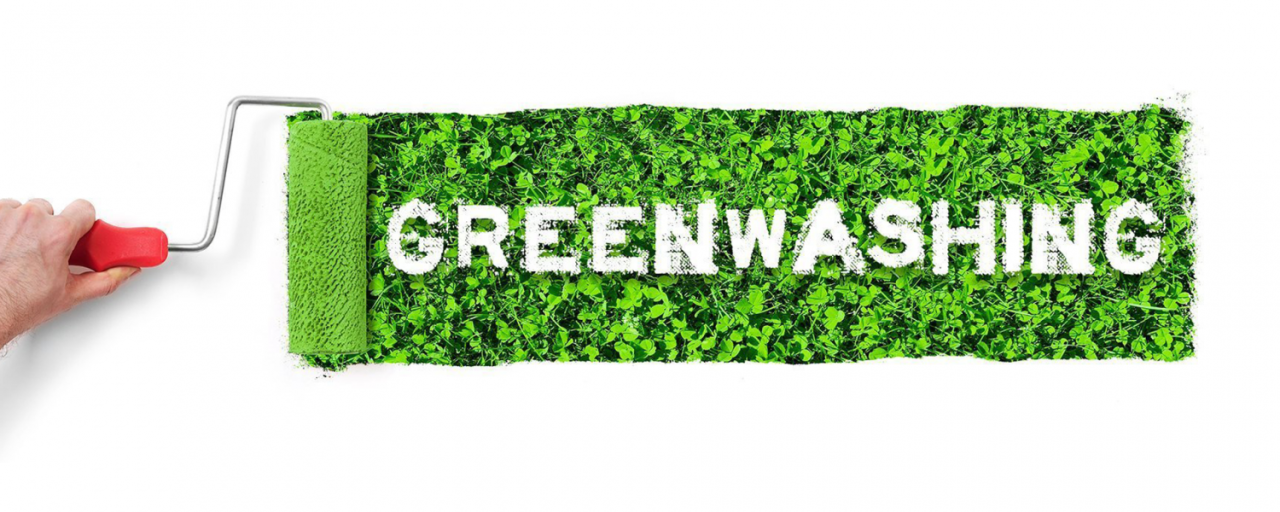In today’s world, where environmental awareness is at an all-time high, industries across the board have felt the pressure to adopt more sustainable practices. The construction industry is no exception.
Sustainability has become a buzzword, with companies worldwide striving to showcase their commitment to environmental responsibility in order to attract environmentally-conscious consumers. However, within the construction industry, a concerning trend has emerged – greenwashing. This deceptive practice involves making false or exaggerated claims about a company’s dedication to sustainability.

It’s an all-too-common practice. Marketing ploys, vague assurances, and manipulation of language and symbols are adopted by companies looking to present themselves as more environmentally responsible than they actually are.
The Greenwashing Epidemic
Greenwashing within the construction industry is pervasive, driven by companies seeking eco-conscious consumers and lucrative government contracts. These companies employ a range of tactics that create the illusion of environmental responsibility, even when their practices may fall short of genuine sustainability.
Some common greenwashing strategies include:
Misleading Labels: Companies might affix “green,” “eco-friendly,” or “sustainable” labels to their products or buildings without substantiating these claims. These labels can mislead consumers into believing that a product or project is environmentally responsible when it may not be.
Cherry-Picked Information: Another tactic employed in greenwashing is highlighting a single green feature while downplaying the overall environmental impact of a project. By focusing on one positive aspect, companies divert attention from other less eco-friendly aspects.
Token Sustainability Efforts: Some companies implement small sustainability measures while ignoring more significant issues. These token efforts create the false impression of commitment to sustainability while allowing the company to continue with business as usual.
The Hidden Costs
The deceptive practice of greenwashing carries several hidden costs that extend far beyond superficial claims with the most significant cost of greenwashing in construction being the environmental damage caused by unsustainable practices. By diverting attention from real sustainability issues, greenwashing undermines efforts to reduce carbon footprints, conserve resources, and protect ecosystems. The construction industry is a significant contributor to environmental degradation, and greenwashing perpetuates this problem by obscuring genuine efforts to minimize harm.
When consumers discover that they have been misled by greenwashing claims, it erodes trust not only in the offending company but also in the entire construction industry. The loss of trust can result in negative publicity, legal challenges, and a tarnished reputation. Trust is a valuable asset for any business, and greenwashing puts it at risk.
Focusing on superficial sustainability measures instead of comprehensive solutions can hinder the industry’s transition toward genuinely green construction practices. While the intention behind greenwashing may be to present a more sustainable image, it can lead to inefficiencies, higher costs, and missed opportunities for innovation and progress.
The Fight Against Greenwashing
Governments and industry organizations must establish clear regulations and standards for green claims within construction. These guidelines should require transparency, accountability, and third-party verification of sustainability claims. By enforcing such regulations, we can hold companies accountable for their environmental claims.
Empowering consumers to recognize greenwashing is crucial. Awareness campaigns and educational initiatives can help individuals make informed choices and hold companies accountable. Educated consumers are more likely to see through false sustainability claims and support genuinely eco-friendly products and practices.
Companies should consider third-party audits to verify their sustainability claims. These audits can help rebuild trust and ensure that genuine sustainability efforts are in place. Third-party verification adds credibility to sustainability claims and reassures consumers and stakeholders that a company is walking the talk.
Greenwashing in the construction industry poses a significant threat to the environment, trust, and long-term sustainability goals. To combat this issue, it is imperative that stakeholders within the industry, as well as regulatory bodies and consumers, work together. Stricter regulations, consumer education, and independent audits are vital tools in the fight against greenwashing.
Only through transparency and accountability can the construction industry genuinely contribute to a greener, more sustainable future. As consumers and advocates for the environment, it is our collective responsibility to demand honesty and integrity in the buildings and products we choose to support.
By doing so, we can ensure that sustainability in the construction industry is not just a facade but a meaningful commitment to a better planet.
.



